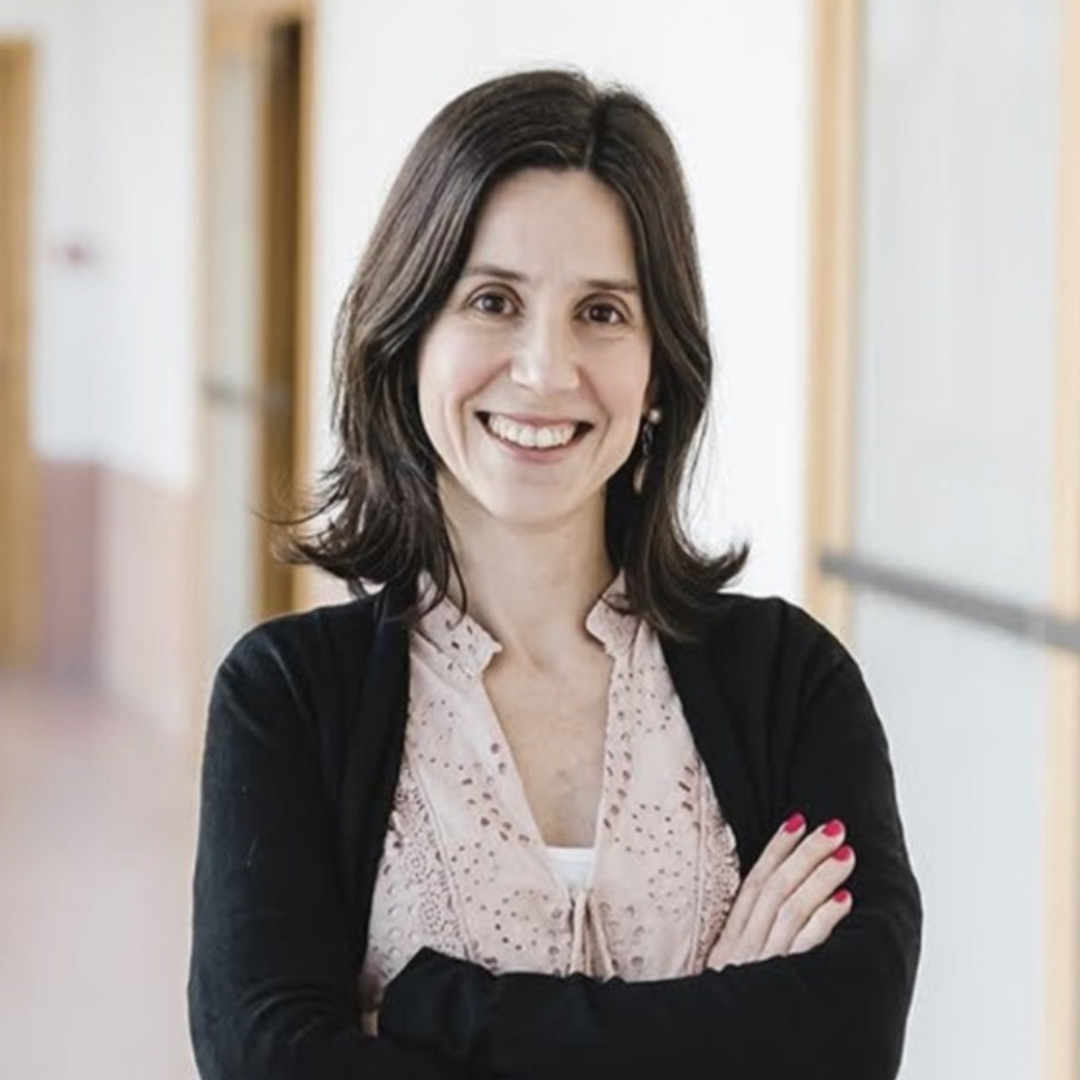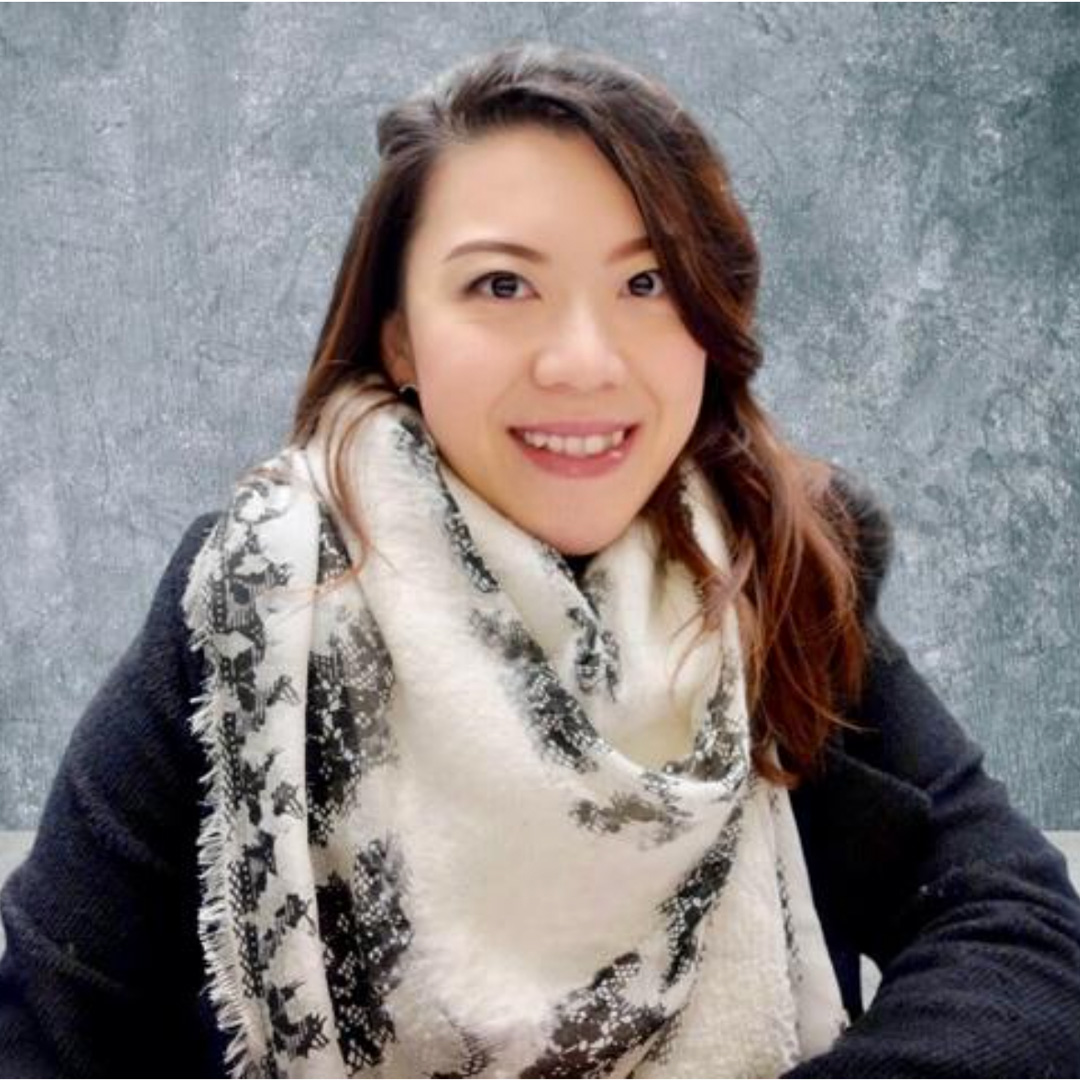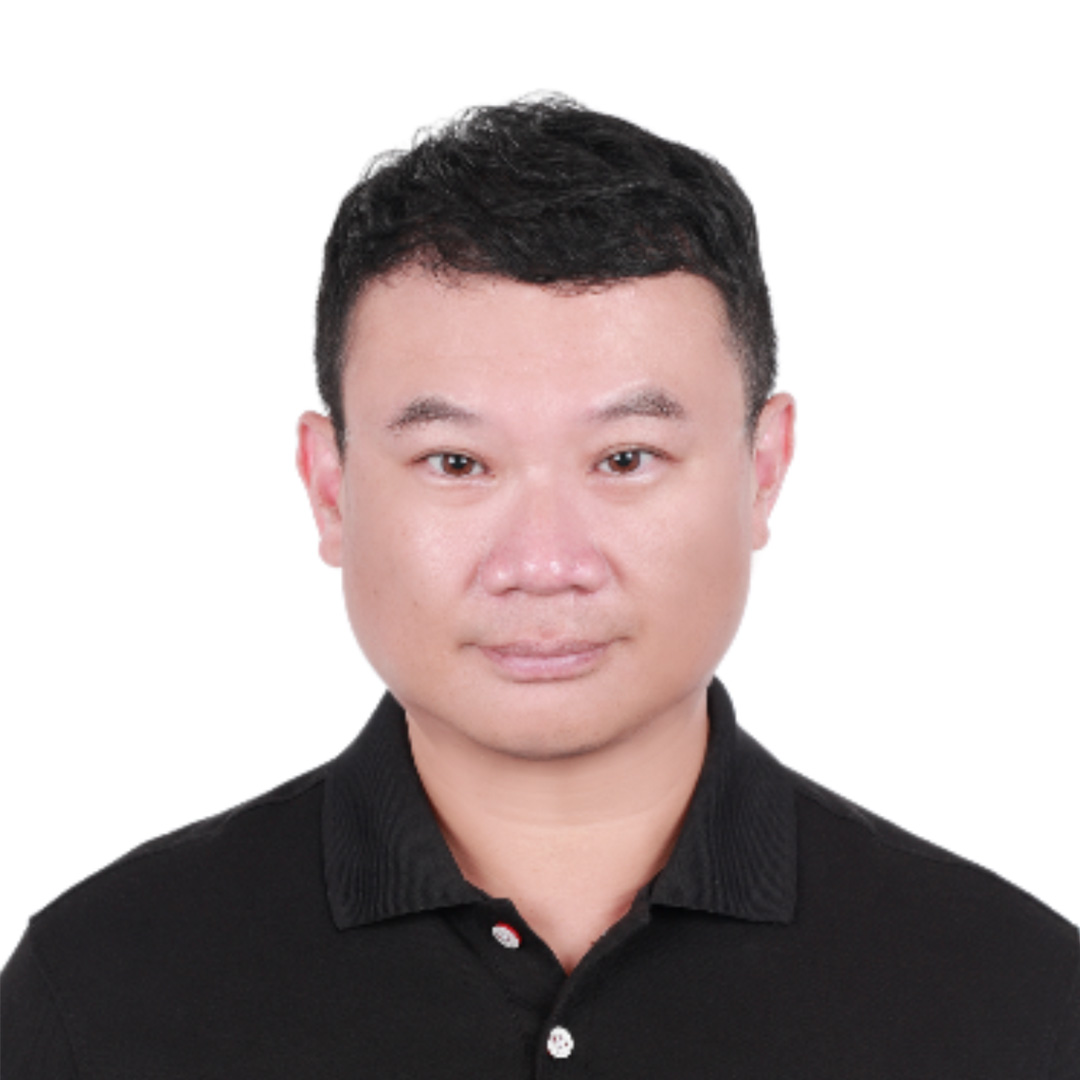Keynote Speakers

Yi Song
Director of Institute of Child and Adolescent Health, School of Public Health,
Peking University Health Science Center
Yi Song is an associate professor at Peking University Health Science Center and has published 12 books and 151 articles in her areas of interests such as childhood obesity and physical fitness research in China. She is presently a policy-making adviser for the policy-making departments related to children and adolescent health such as the Ministry of Education, the Health and Welfare Commission, and the CDC of China.
Topic:
Data and indicators to measure adolescent health and wellbeing in China: Priority and current gaps
Summary: My talk will present a health indicator system responsive to current Chinese adolescent health needs, and point out the data gaps and the priority ones worth to be deeply studied, i.e. mental health by using updated data.
Key themes:
- Health indicators’ system responsive to current Chinese adolescents’ health needs
- Identify data gaps and prioritize vital areas of study to youths’ mental health by using updated data.

Joanna, Tam Kuai In
Kiang Wu Nursing College of Macau
Joanna Tam Kuai In received her PhD in nursing studies at the University of Edinburgh, and has worked as a specialist palliative care nurse in London. Since 2016, Joanna has committed herself in developing and promoting the concept and practice of palliative and end of life care in China. In 2019, she moved to Macao where she has been granted funding to complete a 2-year postdoctoral research, examining how Chinese culture has influenced people’s perception and understanding of palliative and end of life care, as well as investigating the model of advance care planning in long-term community care settings.
Topic:
Redefining hope in end-of-life care
Summary: When cure is not an option for individuals with life-limiting conditions, redefining hope becomes paramount. Traditional discussions of hope in the realm of end-of-life care often revolves around the pursuit of a cure and the extension of life. However, this narrow perspective overlooks the profound significance of hope in the context of what truly matters to the individual and their family.
Hope is complex and multifaceted, and it is a deeply personal experience depending on the individual. While the clinical aspects of end-of-life care often emphasise emotions of hopelessness and grief, the exploration of the meaning of hope and the maintenance of hope is vital in supporting the emotional journey at the end-of-life and in laying a resilient foundation for the bereavement process.
Increasing numbers of studies have recognised the need to conceptualise hope, particularly concerning children and their parents facing end-of-life experiences. Fostering hope in these situations offers coping mechanisms and provides solace amidst the overwhelming sadness of loss.
As a palliative care nurse, I wish to shed light on the crucial role of fostering hope in the face of terminal illnesses. By embracing a broader understanding of hope—one that encompasses comfort, emotional well-being, and meaningful connections—we can significantly enhance the quality of life for individuals and their families during this challenging journey. It is through nurturing hope, even in the absence of a cure, that we can truly alleviate suffering and pave the way for a more compassionate and supportive end-of-life experience.
Key themes:
- Hope as a coping mechanism in terminal healthcare
- Redefining hope for a more compassionate and supportive end-of-life experience

Mariana Negrão
Clinical Psychologist,
Faculty of Education and Psychology,
Universidade Católica Portuguesa no Porto, Portugal
Mariana Negrão is an Assistant Professor at the Faculty of Education and Psychology, Catholic University of Porto, Portugal. She is a researcher at the Human Development Research Centre (CEDH) and has dedicated her teaching, research and intervention activities to the issues of Parenthood, Adversity and Development and the Promotion and Protection of Children’s Rights. She is currently involved in (inter)national research projects on family foster care, parenting interventions for impoverished risk families, trauma sensitive care in school settings. She is also a clinical psychologist working with children and families, parental consultant, and supervisor in foster homes.
Topic:
Envisioning safe and nurturing environments for child development: Opportunities and Challenges of Child Welfare System in Portugal
Summary: My talk will reflect on the current opportunities and challenges of child welfare system in Portugal, such as the strengthening of responses for family support in the community, the pursuit of high quality and trauma sensitive residential care, the transition to a model of family foster care, the definition of a competence profile for all professionals working with children in alternative care. This may serve as a starting point to cross-cultural reflections around global and aims and cultural specificities to the full protection of children.
Key themes:
- Reflect on the current opportunities and challenges of the child welfare system in Portugal
- Relevance of Portugal’s changing child welfare system as a starting point for cross-cultural reflections globally for the full protection of vulnerable children

Chien-Chung Huang
Director of Huamin Research Center,
School of Social Work, Rutgers University, USA
Chien-Chung Huang is a professor in the School of Social Work and the director of Huamin Research Center at Rutgers University. His research emphasizes on the roles of social welfare policy and social work on the well-being of the vulnerable population. In recent years, Dr. Huang has focused on the effects of philanthropy, the non-profit sector, and social innovation on social development. Dr. Huang has co-edited and translated seven books and published more than 100 articles in peer-reviewed journals.
Topic:
Children and youth well-being: Evidence from mindfulness and life-skill trainings
Summary: Children and youth well-being is a key indicator of personal development as it is related to the foundation for lifelong development, including physical, cognitive, emotional, and social development, especially in challenging time. Mindfulness is purposely paying attention to the present moment and reacting in a non-judgmental fashion. The receptive and open state of awareness stemming from mindfulness can benefit physical, cognitive, emotional, and social development. Life skills are the abilities for adaptive and positive behavior that enable individuals to deal effectively with the demands and challenges of everyday life. In this talk, I would review evidence that mindfulness and life-skills trainings could be two potential approaches to improve the extent of children and youth well-being. The empirical evidence from 7 studies in China shows that both mindfulness and life-skills trainings are two effective ways to improve child and youth well-being by improving their health and ability to handle adversity in daily life.
Key themes:
- Review empirical evidence from 7 studies in China that mindfulness and life-skills training are two approaches that improve child and youth well-being
- Children and youth could better handle adversity in daily life better through mindfulness and life-skills training

Elsa Tsang
Visiting Scholar,
Department of Social Work,
University of Saint Joseph, Macao
Dr. Elsa Tsang (M.Ed, EdD) is a dedicated professional whose journey in supporting children with special needs in educational settings began as a school social worker. Her commitment to this field led her to pursue a Master’s in Education, specializing in Inclusive and Special Educational Needs, in England. Dr. Tsang’s extensive background in early years and gifted education spans over a decade, during which she has contributed significantly to education and international non-governmental organizations (NGOs). Her research and practical experiences reflect a deep-seated passion for ensuring equal educational opportunities for children with disabilities, particularly through the exploration of the role of social workers in inclusive education.
Topic:
The Roles of Social Workers in Inclusive Education for Children with Disabilities
Summary: In the context of global commitments to providing equal educational opportunities for children with disabilities, the realization of inclusive education remains a challenge. Despite extensive research on inclusive educational development for these children, the goal has not been fully achieved. This presentation highlights the crucial role of social workers in the successful implementation of inclusive education. Through a systematic review encompassing 11 studies, the talk explores the unique contributions and impact social workers can make in facilitating and improving the inclusivity of education for children with disabilities.
Key themes:
- Role of social workers in implementing inclusive education
- Contributions of social workers in improving inclusive education for children with disabilities

Yi-Long Liu
Director of the Department of Social Work
Fu Jen Catholic University, Taiwan
Yi-Long Liu is an associate professor at the Department of Social Work, Fu Jen Catholic University. His research focuses on population demographics and poverty studies. He is currently working on innovative teaching. He holds a PhD in social welfare from the Chung Cheng University, Taiwan.
Topic:
Where are the children and what do they do? Recent trends in total fertility rate and children’s leisure activity in Taiwan
Summary: My presentation will be divided into two main themes: the trends and adjustments in Taiwan’s fertility level and the activities’ choices of Taiwanese children. Using Bongaarts and Fenney (1998)’s adjust method, the former found that Taiwan’s fertility is in the lowest-low level, predicting the impact of the aging population structure. The latter found that Taiwan’s children’s activities’ choices are towarding 3C products, and both will drive policy discussions.
Key themes:
- Trends in Taiwan’s fertility rate and implications on the ageing population
- Factors of consideration in Taiwanese’s parents choice of children’s leisure activities and interventions to guide children in real-life activities beyond electronic devices









